Bhubaneswar — The three-day Odisha Conference of Youth (OCOY) on climate change, accredited by the Ministry of Environment, Forest, and Climate Change and UN India, was inaugurated today at KT Global School, Khurda. It is organised by the Youth4Water Plus campaign with support from UNICEF Odisha.The event aims to equip young leaders with the knowledge, tools, and networks to drive impactful climate action.
OCOY 2024 is dedicated to amplifying the voices of Odisha’s most vulnerable youth, including those from tribal communities, fishing communities, poor farming families, and regions impacted by sea erosion, cyclones, and other climate-related challenges.
In her address to the participants, Karina Malczewska, WASH Specialist at UNICEF India, said, “As UNICEF we try to facilitate dialogues on climate change and sustainability, amplifying youth voices and fostering collaboration with various stakeholders. Our efforts have yielded tangible successes, with guidelines influenced by youth perspectives. Count on us to continue supporting your dialogues with authorities”.
“As we gather for OCOY 2024, let us celebrate the achievements of young climate champions and reinforce our collective commitment to nurturing their potential. UNICEF’s initiatives empower young people with the resources and platforms to make a significant impact.” She added.
Sourav Bhattacharjee, Nutrition Specialist and Officer-in-Charge of the UNICEF Field Office, in Bhubaneswar,said, “The energy and passion of Odisha’s youth are our greatest assets in the fight against climate change. OCOY 2024 provides a platform for these young leaders to voice their ideas, share their innovations, and inspire a global movement towards sustainability.”
During this three-day conference, discussions and dialogues on climate change and action will explore the key themes of OCOY 2024—Heatwaves, Coastal Economy, Pond Conservation, and Green Skilling. 150 youths across the statealongside 15 to 20 experts and trainers from India and abroad have participated in this event. These youths from the diverse group, representing various districts across genders, socio-economic backgrounds, and rural and urban regions, will collaborate to develop grassroots climate action strategies and influence national policy.
Special emphasis was givento including participants from tribal indigenous communities, particularly the Particularly Vulnerable Tribal Groups (PVTGs), to ensure diverse perspectives. Seasoned professionals will offer guidance and mentorship, fostering an environment where voices from all corners of society contribute to meaningful dialogue and action.

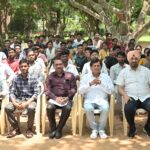
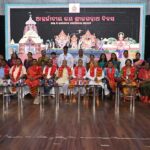
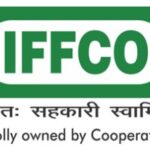



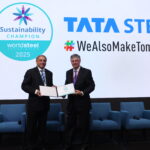

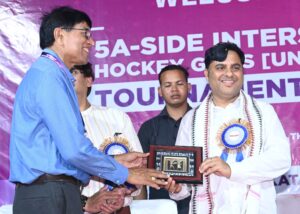
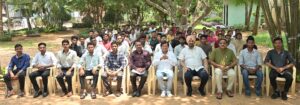
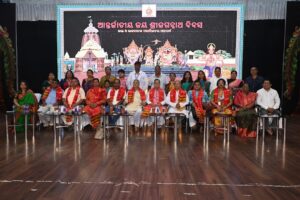
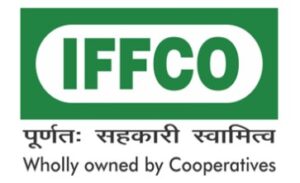
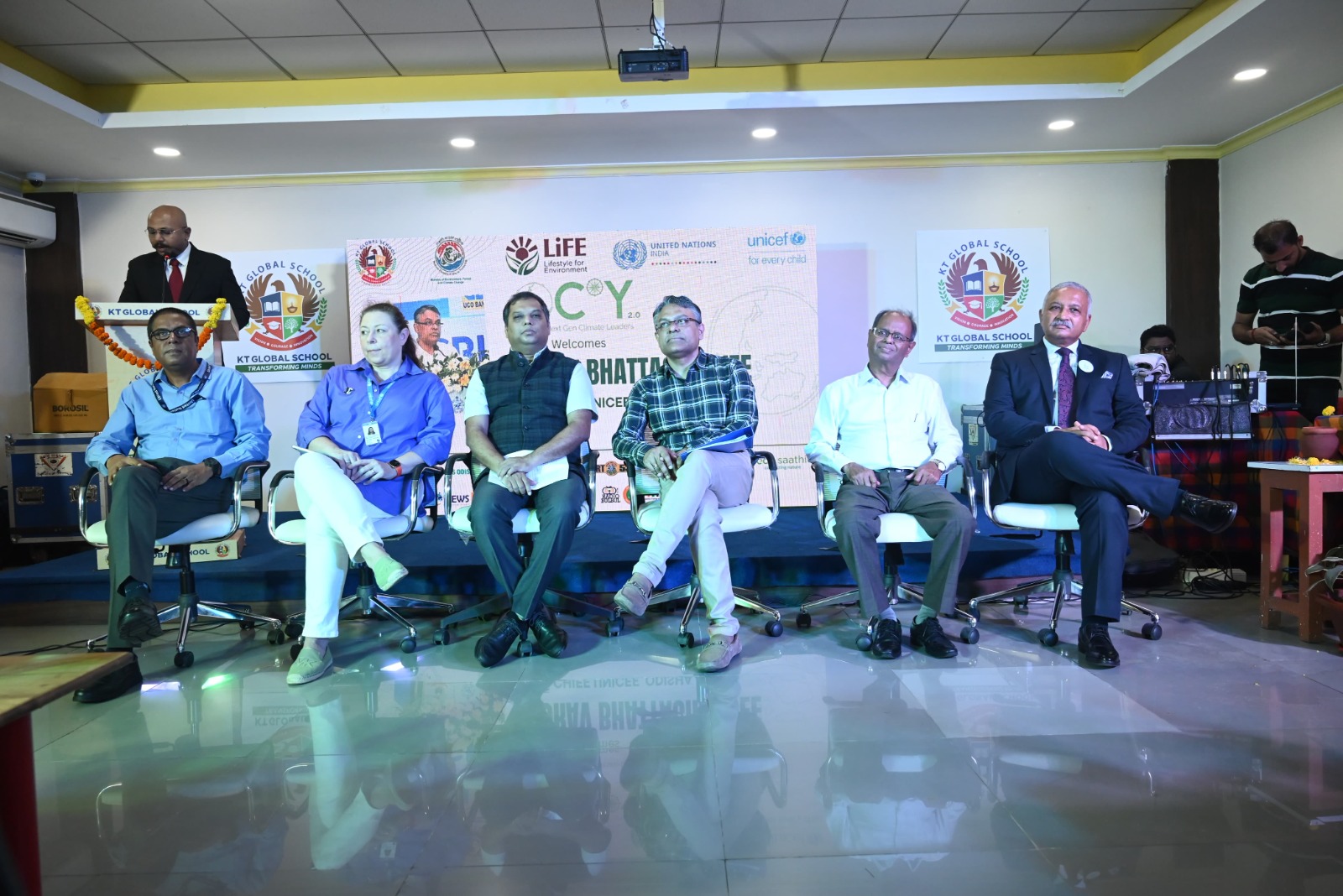
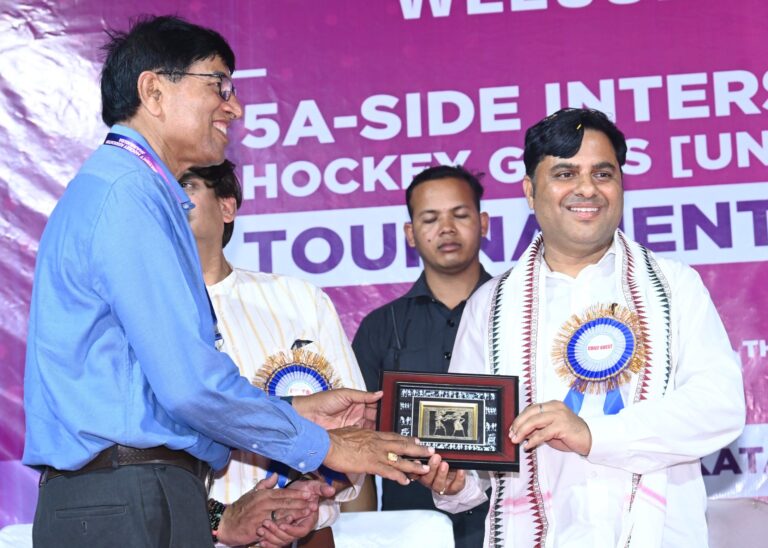
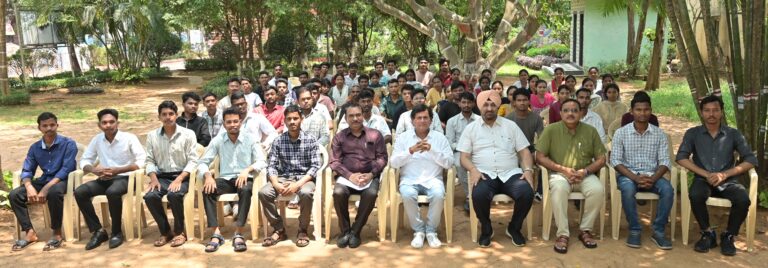
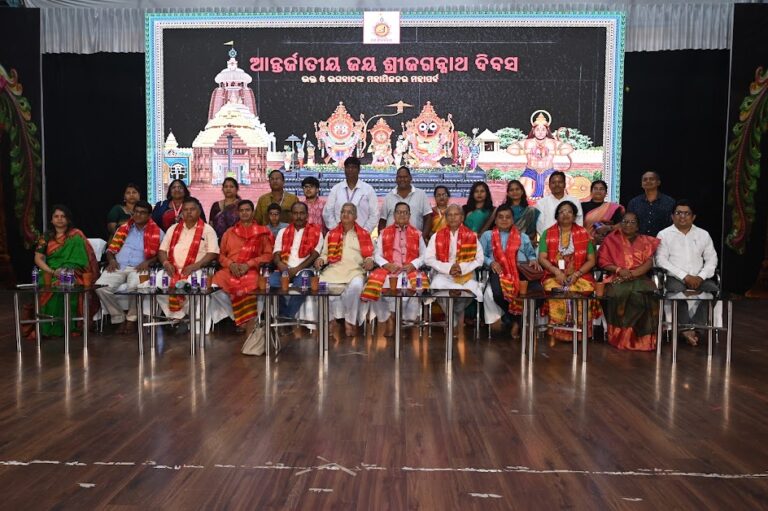
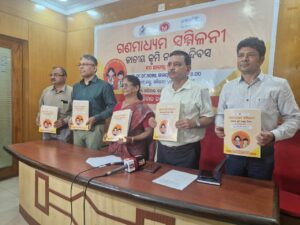
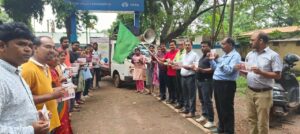
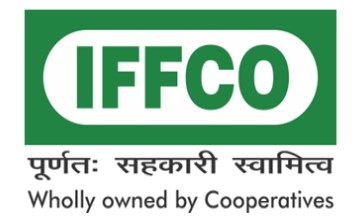
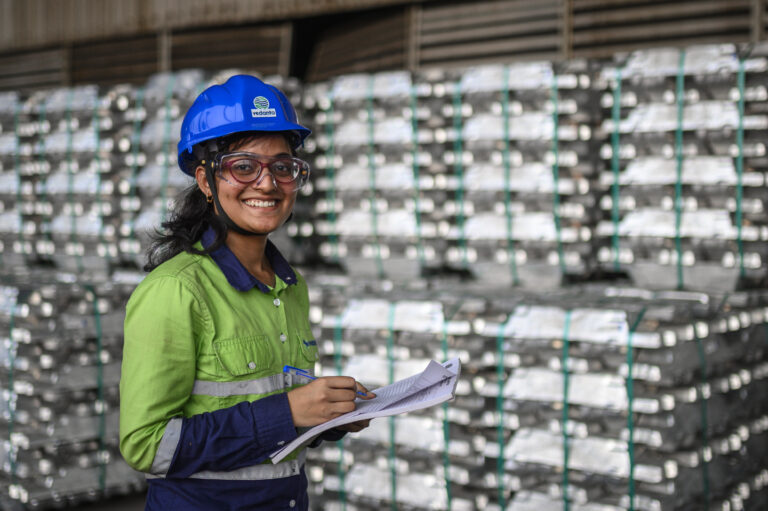


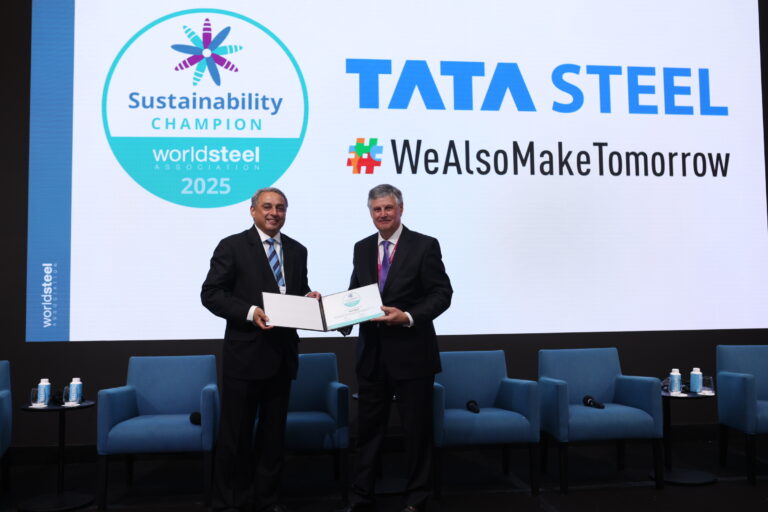
+ There are no comments
Add yours